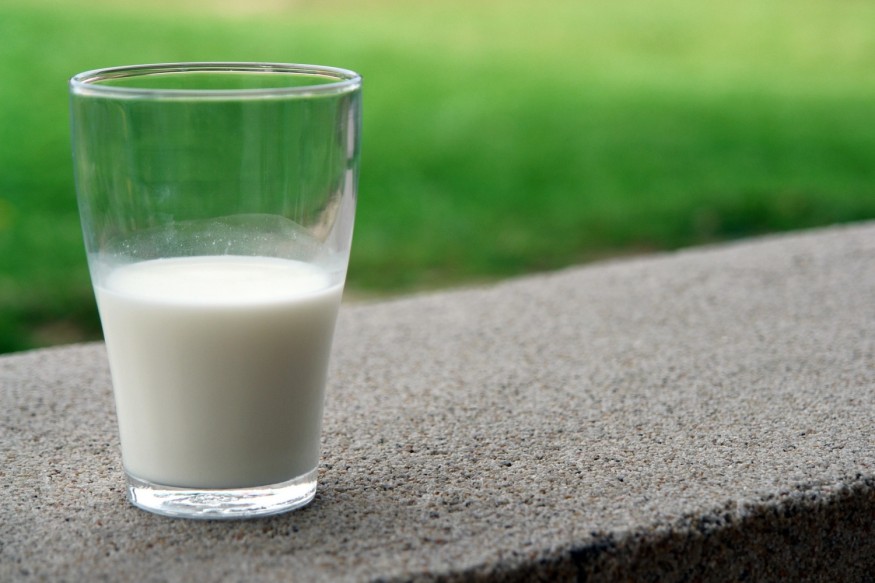Consumers have an abundance of choices when it comes to selecting milk, with cow's milk being the preferred option in many countries, yet major retailers also provide a variety of dairy-free alternatives like oat, soya, and almond milk. However, determining the best choice for one's health can be challenging due to the vast selection.
Dr. Duane Mellor, a prominent dietitian, told MailOnline that cow's milk offers essential nutrients, protein, and natural sugars, making it a superior option in terms of nutritional value compared to plant-based milk, which may lack important vitamins.

Cow's Milk Vs. Plant-Based Alternatives
When comparing whole cow's milk to plant-based alternatives, cow's milk has more calories and saturated fat, while semi-skimmed cow's milk has slightly less.
Dairy products contribute to a significant portion of saturated fat in the UK diet, which can increase the risk of high cholesterol and heart disease. Plant-based milk contains less saturated fat and fewer calories compared to cow's milk, with almond milk having the lowest saturated fat content and calories.
As Mellor and other experts argue, cow's milk is healthier due to its naturally occurring vital nutrients. Cow's milk contains calcium, protein, vitamin B12, and iodine, which are essential for bone health, growth, repair, red blood cell production, and thyroid function.
Plant-based alternatives may lack these nutrients unless fortified. The levels of vitamins and minerals, such as vitamin B12 and iodine, vary depending on the fortification in plant milk alternatives.
Cow's milk also provides more protein than dairy-free options, making it a better source of protein for meeting daily intake recommendations. Cow's milk sugars, known as lactose, are considered natural sugars and are digested slowly, while plant-based alternatives may contain added sugars or sweeteners that are digested more quickly.
Overall, while plant-based alternatives have lower saturated fat and calorie content, cow's milk is deemed healthier due to its nutrient profile, including calcium, protein, vitamins, and minerals.
Plant-Based Alternatives
Plant-based milk alternatives, favored for health and environmental reasons, offer a variety of options. However, their nutritional profiles differ, and it's important to understand these variations compared to dairy milk.
As per Medical News Today, researchers from the Institute of Food Safety and Health analyzed the mineral content of different plant-based milks and found variations across brands.
In their research presented last year at the American Chemical Society (ACS) in Chicago, pea-based drinks were found to have the highest levels of phosphorus, selenium, and zinc, while soy milk had the highest magnesium content. The research findings were presented at a meeting of the American Chemical Society.
Pea and soy milk offer strong nutritional profiles, but individual suitability and preferences should be considered. It is important to check labels for added sugars and fortification of essential nutrients found in cow's milk. Almond milk may have environmental impacts, while oat milk is considered more sustainable.
Ultimately, personal taste, goals, and dietary needs should guide milk choices, with an emphasis on maintaining a balanced diet. Alternating between plant-based milk alternatives can provide a variety of micronutrients.
RELATED ARTICLE: Emerging Biotechnology Could Produce Synthetic Milk Without Using Animals, Changing the Dairy Industry
Check out more news and information on Milk in Science Times.
© 2026 ScienceTimes.com All rights reserved. Do not reproduce without permission. The window to the world of Science Times.












